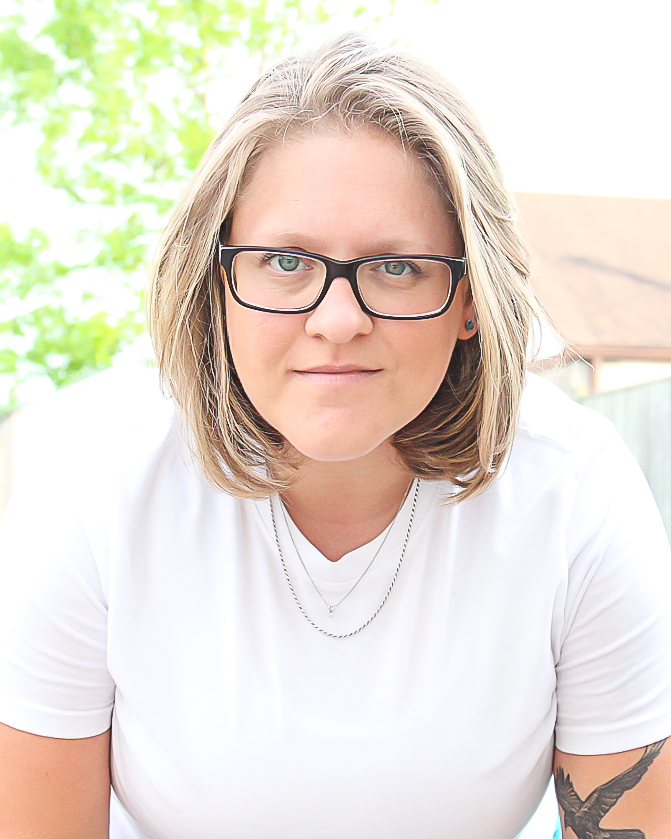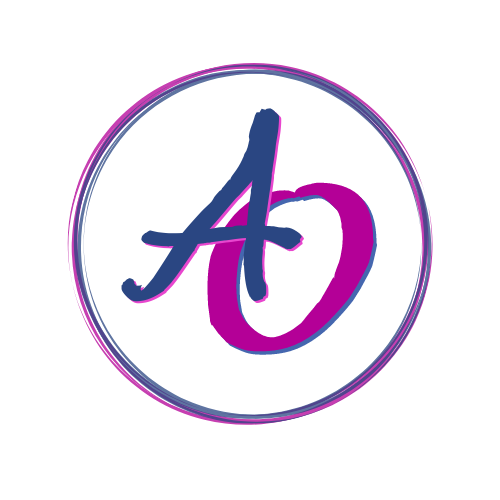
the classroom remains the most radical space of possibility
bell hooks
I am an educational developer, with a passion for social justice. Here is a link to a copy of my CV.
Working in the Office of Open Learning (OOL) at the University of Windsor, I use principles of equity, critical pedagogy, and openness to support the development of open educational resources (OERs); educate about open education, digital learning, and humanizing higher education; support the scholarship of teaching and learning; and collaborate with instructors on intentional course design.
My history in my words:
Initially impassioned by the desire to help marginalized people live better lives, I have come to recognize and appreciate that most of society indeed lives at the margins, with intersectional identities compounding the barriers we experience throughout our lives. As a middle-class white person, and a visitor on Turtle Island, I have had many privileges bestowed on me that have most often made life easier than for those with other racial and cultural identities. As a neurodivergent, assigned-female queer person, I have also experienced the ways in which the modern world was not created for people like me. Through this realization, I have been able to shift my focus from “white saviourism” to an inclusive and collective fight towards liberation for all people.
Earlier in my journey, I completed my B.A.[H] and M.A. in psychology, in addition to a post-graduate certificate in Autism and Behavioural Science. Through my experiences in the Foundations of University Teaching Certificate and subsequent PhD internship with OOL, I began my journey into educational development, recognizing the power of the field to drive societal change through the empowerment of students, staff, and instructors in higher education.
My personal research interests include the measurement of and discourses around student success, and how these ideas intersect with individual characteristics such as emotional intelligence, and social variables such as disciplinary cultures, course design, instructor pedagogy, and institutional student supports.
As a former PhD candidate in Applied Social Psychology, I explored the relationships between emotional intelligence, motivation, learning strategies, and student-defined academic success. Through completing my comprehensive requirements, I recognized substantial gaps in the ways we discuss student success. My dissertation was proposed to examine these relationships across disciplines to help inform first-year transition and ongoing student support programs; however, I took a stop-out in the spring of 2020 when the pandemic necessitated a shift in direction for my dissertation study. I decided, instead, to focus my efforts on my full-time job in the Office of Open Learning, and support the rapid shift to online learning.
The years between then and now have shaped who I am as an educational developer today. Activating my longtime commitment to social justice, I push toward a more equitable and just academic institution for everyone.
“If you have come here to help me, you are wasting your time. But if you have come because your liberation is bound up with mine, then let us work together.”
Lilla Watson in collaboration with an Aboriginal activists group, Queensland, 1970s
